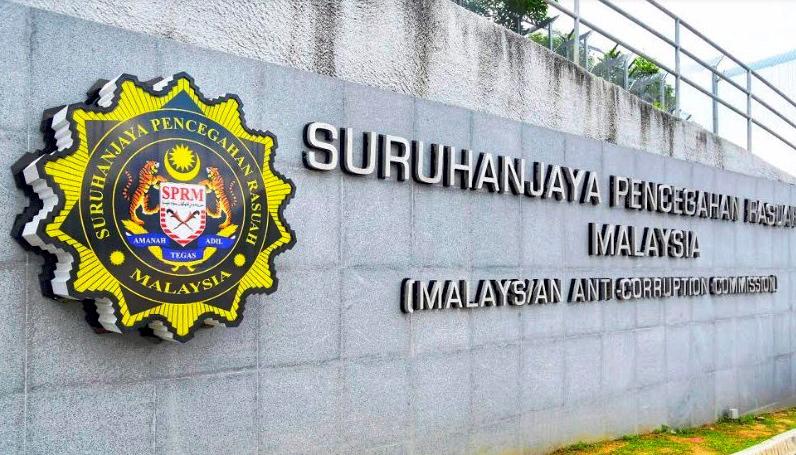PETALING JAYA: Laws should be enacted to ensure political parties are transparent with their funds to curb corruption, said former Transparency International-Malaysia president Tan Sri Ramon Navaratnam.
His comments come in light of a recent probe into Parti Pribumi Bersatu Malaysia (Bersatu) for having large sums in its accounts, which the Malaysian Anti-Corruption Commission (MACC) believes could have been obtained illegally.
A former chairman of the MACC Panel on Corruption Consultation and Prevention, Ramon said all political parties should be transparent with their funds.
“Malaysia does not have laws governing political funding. It is for this reason that some parties are currently being investigated for the millions in their bank accounts. The lack of specific laws that regulate political financing makes it difficult for the authorities to ascertain if such contributions are legitimate or due to corruption,” he said.
After Bersatu’s accounts were frozen on Feb 1, party secretary-general Hamzah Zainudin accused Putrajaya of using MACC as a political tool to destroy the credibility of the party and Perikatan Nasional.
However, MACC Chief Commissioner Azam Baki confirmed the same day that “an investigation is being conducted under the MACC Act 2009 and the Anti-Money Laundering, Anti-Terrorism Financing and Proceeds of Unlawful Activities Act (in regard to Bersatu)”.
The following day, Prime Minister Datuk Seri Anwar Ibrahim said he had never instructed MACC to freeze Bersatu’s accounts.
He insisted the anti-graft agency acted independently after it was found that the party had more than RM300 million in its accounts.
He added that if Bersatu’s leaders were as clean as they claim to be, they should explain how the party managed to accumulate the funds in such a short time.
Ramon said spending by political parties should adhere to Election Commission (EC) regulations and not be excessive.
“Money politics financed by corruption should not be allowed, and new laws should be strictly enforced to fight corruption.
“Currently, Malaysia only has the Elections Offences Act 1954 (EOA), which was enacted to provide the terms and matters relating to elections and to prevent corrupt and illegal practices during polls.
“However, it does not have the depth and breadth of a political financing law that would govern the regulations on sources of funding, caps on donations, and obligations to disclose and declare the amount of funding.”
Ramon said in formulating guidelines for the new law, Malaysia could look to the best practices in other countries.
“The law must include regulations on private funding and donations, provisions of public funding, regulations on spending, including its limits, and monitoring and oversight,” he said.
Constitutional lawyer Kokila Vaani Vadiveloo said the EOA is insufficient.
“Despite its provisions that cover some forms of corruption, namely sections 8 (treating), 9 (undue influence), and 10 (bribery during or after the election period), the EC must also be efficient in making reports of blatant election offences and propose to the public the necessary reforms it sees fit, regardless of the Cabinet’s preferences to ensure effective use of the EOA.
“Furthermore, without specific laws to regulate and govern the financing of political parties and candidates, a breeding ground for self-serving patronage among those who are tasked to serve our country may be encouraged,” she said.
Kokila added that it is very unfortunate that Malaysia currently lacks strong political financing legislation.
“We only have the Societies Act (SA) 1966 to govern political parties, where their financial accounts are submitted to the Registrar of Societies.
“However, the SA 1966 does not require political parties to reveal their sources of funding.
“After the 1Malaysia Development Berhad scandal broke in 2015, and the recent 15th general election campaigns, it is high time we have laws on political financing for good governance and transparency relating to activities by political parties and politicians, especially in handling political funds,” she said.
UCSI University political analyst Prof Mohd Tajuddin Mohd Rasdi said the definition of “donations” must be clear so political parties do not tarnish what is given in sincerity.
“Donations are a good thing when you want to help others,” he said.
“However, PAS president Abdul Hadi Awang said his party allegedly donated money to voters and did not give out bribes. That is still wrong.”













